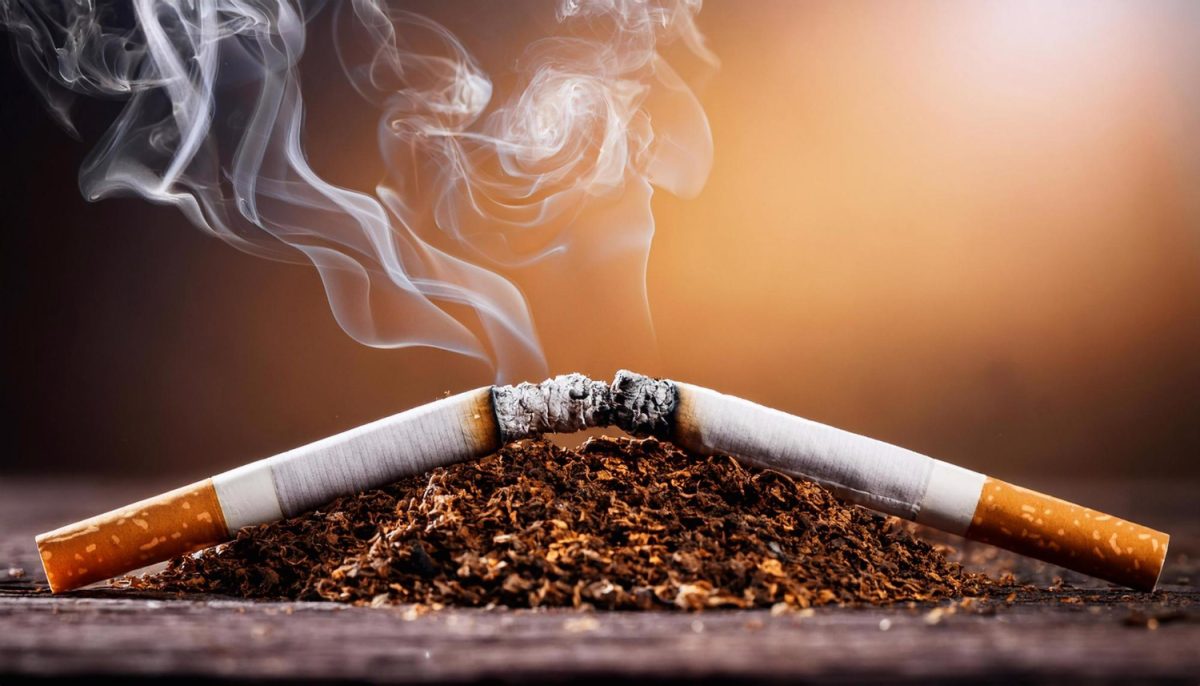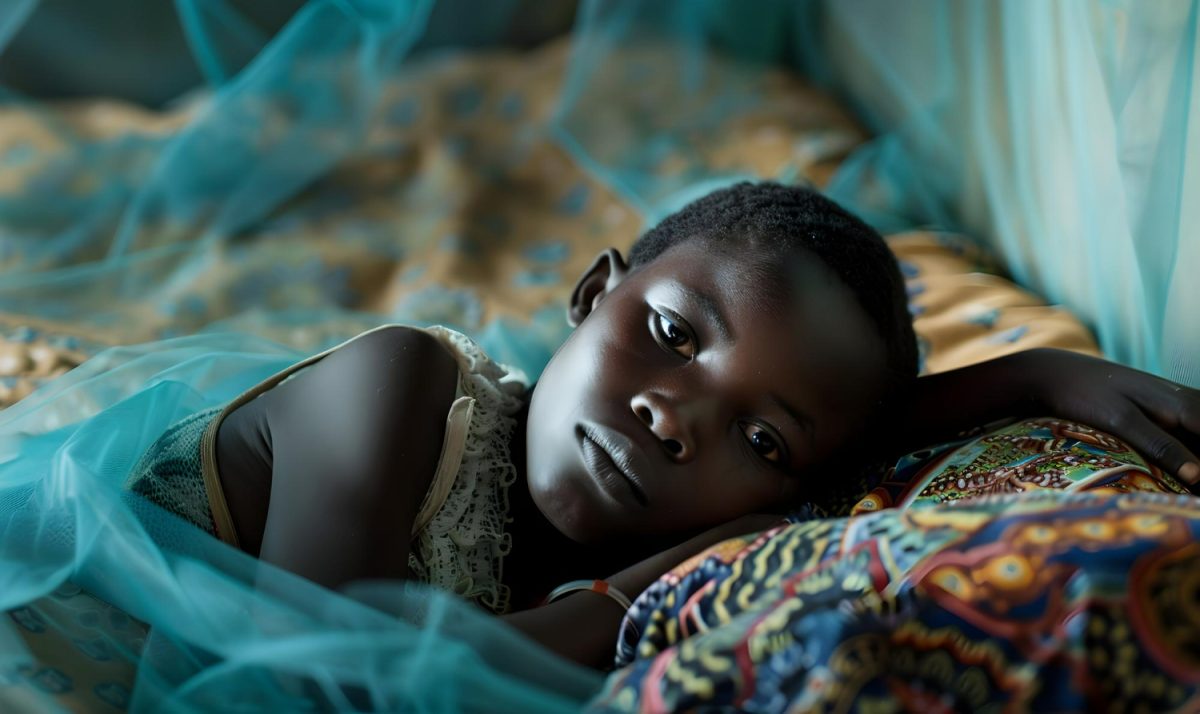KAMPALA, Uganda —Early exposure to secondhand smoke from tobacco or marijuana may significantly increase a child’s risk of sleep problems, according to a new study from Makerere University School of Public Health.
The study, published in PLOS ONE, surveyed 284 adults between April and May 2022, in Bwaise, an informal settlement in Kampala City in Uganda, about their sleep and that of their children. Researchers found that 40% of children showed signs of sleep-disordered breathing, a condition that can affect development and daily functioning. Children exposed to secondhand smoke during pregnancy or within the first six months of life were much more likely to develop these problems.
Sleep disorders are a growing public health concern worldwide, affecting about one in four adults and, in some populations, as many as 60%. They are often tied to substance use. Studies show nearly 70% of patients entering detox report sleep problems, most of them linked to psychoactive substances. Poor sleep is also associated with chronic conditions, including hypertension, cardiovascular disease, and mental illness.
Residents of informal urban settlements face added risks. Overcrowding, constant noise, and exposure to pollutants all disrupt sleep. In Uganda, little research has examined how substance use and environmental exposures shape sleep in these settings. Children are also vulnerable: exposure to secondhand smoke from tobacco or marijuana has been linked to disrupted sleep cycles, learning difficulties, and developmental problems.

For adults, 59% reported sleeping less than seven hours a night, 35% experienced insomnia, and 28% were dissatisfied with their sleep. Smoking was strongly linked to insomnia, while alcohol use was tied to poor sleep quality.
“These results show the long-term harm of early-life exposures and unhealthy habits,” said lead author Dr. Solomon Tsebeni Wafula, a public health scientist and epidemiologist at Makerere University School of Public Health. “Addressing these risks is critical in dense urban settlements, where children face multiple hazards.”
Sleep-disordered breathing in children can lead to attention deficits, learning difficulties, and behavioral problems. Researchers say reducing household smoke exposure and increasing public health education could lessen the risks. [U1]
“If we can prevent secondhand smoke exposure during pregnancy and infancy, the result is a low-cost intervention with high impact that can really protect the lives of young children,” Wafula said. “Many people don’t think smoking affects their children, but it does. Poor sleep in childhood harms growth, learning, and development, and the effects can persist into adulthood.”
The study also examined adult sleep health, finding that lifestyle choices like smoking and alcohol use were strongly tied to poor outcomes. Wafula said sleep health remains an overlooked issue in Uganda.
“Nobody thinks sleep is an issue, yet poor air quality, poor housing, and smoking all shape how children sleep,” he said. “Environmental health has been ignored in urban planning, and the effects are enormous.”
Public health experts say the findings carry implications for both policy and practice. Creating smoke-free environments, educating caregivers about the risks, and improving access to behavioral health support could improve sleep outcomes.
“Sleep problems are not just a matter of inconvenience,” said Dr. John Bosco Isunju, a senior lecturer and study investigator. “They reflect deeper social and environmental issues that require comprehensive strategies, from family education to community-level policy interventions.”
Ms. Lydia N. Namakula, an environmental and occupational health professional, said homes that double as workplaces in informal settlements often expose children to smoke.
“In Uganda’s informal settlements, where homes double as workplaces, smoke from bars inevitably invades family spaces, exposing children to harmful toxins,” she said. “When residents understand the risks to children’s respiratory health, they can lead the way in designating safer smoking zones, turning local knowledge into actionable guidelines that improve air quality and safeguard families.”
Dr. David Musoke, an associate professor of environmental and public health at Makerere, said smoking and alcohol not only damage health in obvious ways but also disrupt sleep, an overlooked pillar of well-being.
“Our findings indicate that there is an urgent need for stronger enforcement of tobacco control regulations and holistic public health strategies that bring together policymakers, practitioners, and communities to reduce both direct and secondhand exposure,” Musoke said. “Effective interventions must be interdisciplinary and inclusive to protect health in our urban environments and beyond.”
The authors call for more research on the long-term impact of early exposures and adult behavior on sleep health, especially in low-resource settings.
“This is one of the first studies to look at sleep quality and secondhand smoke in informal settlements like ours,” Wafula said. “With evidence from Uganda, we can elevate the health priorities of underserved urban populations and inform similar studies elsewhere.”
For more information, the full study is available in PLOS ONE: https://journals.plos.org/plosone/article?id=10.1371/journal.pone.0312127.



